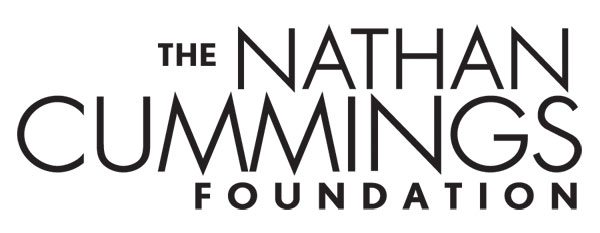
March 20, 2018, Forbes
NPQ has often written about the use of impact investing by philanthropic institutions. This month, one of the leaders in that trend, the Nathan Cummings Foundation (NCF), based in New York City, announced it intends to invest almost all of its endowment in funds that focus on alleviating climate change and reducing social inequality.
The 70-year-old foundation, with assets of $443 million dollars according to their 2016 990PF, is among the largest to attempt to follow its mission through its investing as well as its grants.
NCF began this change in investing strategy in 2013 when it committed $6.5 million to social and climate impact. Then, Sharon Alpert joined the foundation about two years ago as its president and CEO.
“We believe this is the future of philanthropy,” Alpert said. “And we believe the issues we’ve chosen to focus on need market solutions.”
The foundation’s mission targets climate change and growing inequality. “We started trying to figure out what other tools we had in our tool kit with which we could leverage the work we do and move the needle on these important issues,” says Jaimie Mayer, a trustee and great-granddaughter of the foundation’s founder.
There has been pushback from the investment committee and board members over the years, following standard fiduciary responsibility. Investment committees and nonprofit boards in general should have policies about recognizing risk and the organization’s tolerance for the risk of their investments. The board’s concerns were manifest in years-long qualms, even after the initial $6.5 million.
Sign up for our free newsletters
Subscribe to NPQ's newsletters to have our top stories delivered directly to your inbox.
By signing up, you agree to our privacy policy and terms of use, and to receive messages from NPQ and our partners.
“When I joined, it wasn’t clear if the board or the investment committee were all on the same page about how we could move to a more significant commitment, or if we should do that at all,” says Alpert. Mayer agrees: “There were plenty of skeptics.”
NCF could draw support from the work others had done. In 2016, the F.B. Heron Foundation revealed it had moved its endowment of $300 million to impact investments. Also in 2016, the Kresge Foundation committed $350 million of its $3.6 billion endowment to investments related to their programs and mission. The Ford Foundation has dedicated a portion of its $12 billion endowment, moving $1 billion over 10 years to investments that parallel Ford’s mission.
The NCF board stepped carefully and responsibly toward the decision. They hired Sonen Capital last year to work with the impact committee, along with the investment committee. They included a partner from an impact asset management firm on the board. The board looked at the results from the investing of other foundations. The company interviewed board members, specifically investment committee members, along with staff. It revealed that there was a positive interest in impact investing.
After an impact audit of the foundation’s existing investments and presentations from other foundations that had done it, like Ford, the Rockefeller Brothers Fund, and McKnight, the board was ready to bring it to the table in November.
Once the board had reviewed the accumulated information, they didn’t just increase the amount they were already investing; they took the leap with their entire endowment, in a vote that surprised some members.
“I’m still in shock that we agreed unanimously to this,” Mayer says.
Foundations can be taxed and penalized if they have not invested their capital prudently. However in 2015, the Internal Revenue Service determined that mission-related investments may be considered legal and not threaten a foundation’s sustainability.
NCF’s move to impact investing was not taken lightly. They investigated, researched, and considered judiciously. It is not just an example of mission-related investing; it is an example of an engaged board performing fiscal management in a responsible way.—Marian Conway













